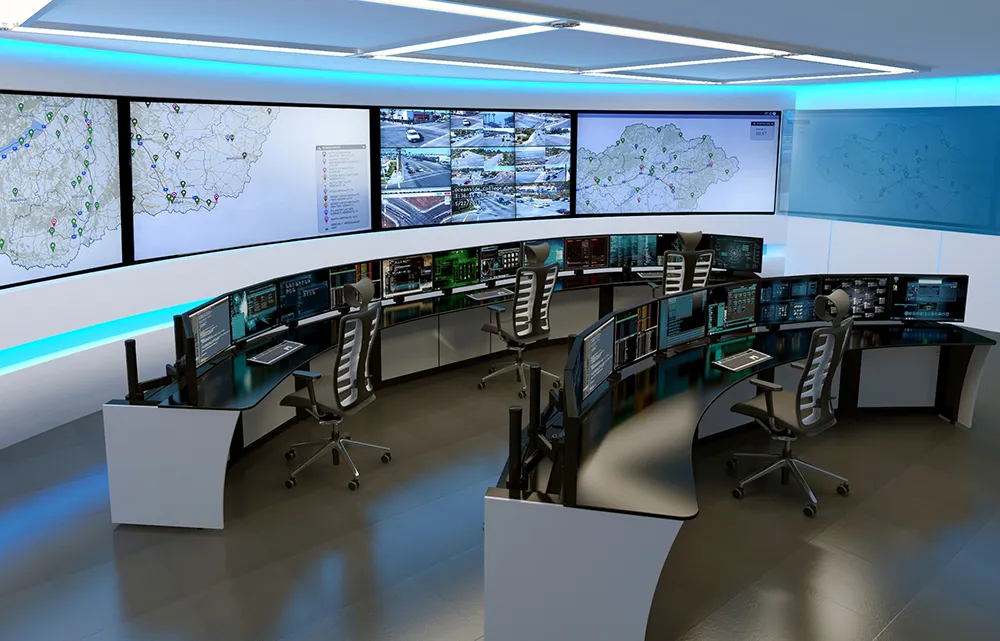Swiss-based U-blox, a leading provider of wireless and GPS semiconductors, has opened a second office in China, located in Shenzhen.
January 27, 2012
Read time: 1 min
Swiss-based 602 U-Blox, a leading provider of wireless and GPS semiconductors, has opened a second office in China, located in Shenzhen. “Shenzhen has become a major engine of high-tech design and manufacturing, and is home to some of China’s most prominent technology companies,” said William Liu, U-blox China country manager and chief representative of the new office. “With the wide-spread integration of GPS and wireless communications in consumer, industrial and automotive products, our new office will allow us to keep our largest and most innovative customers in the South China region better informed about our products.”








